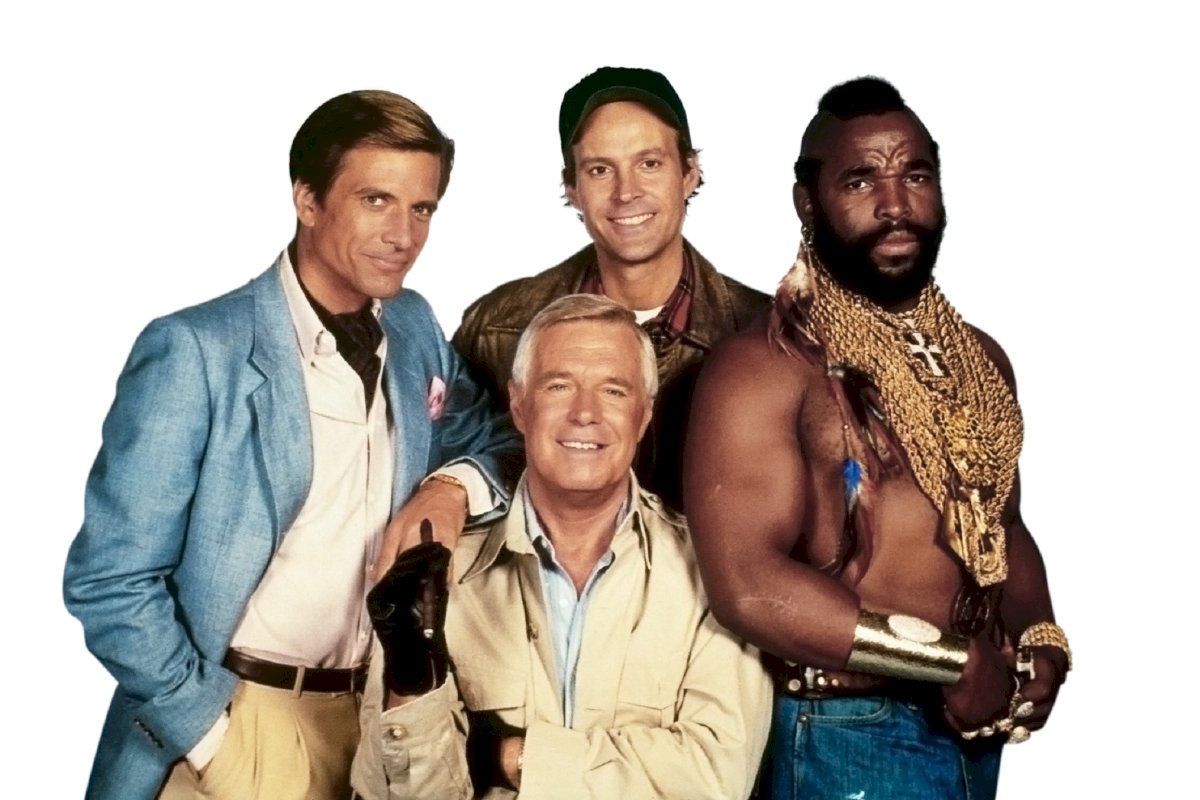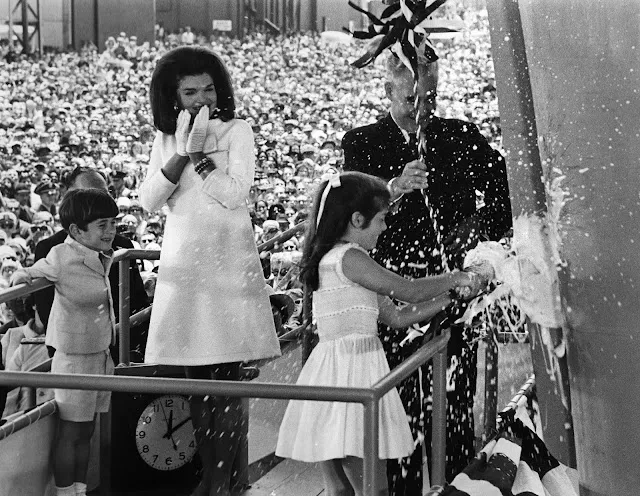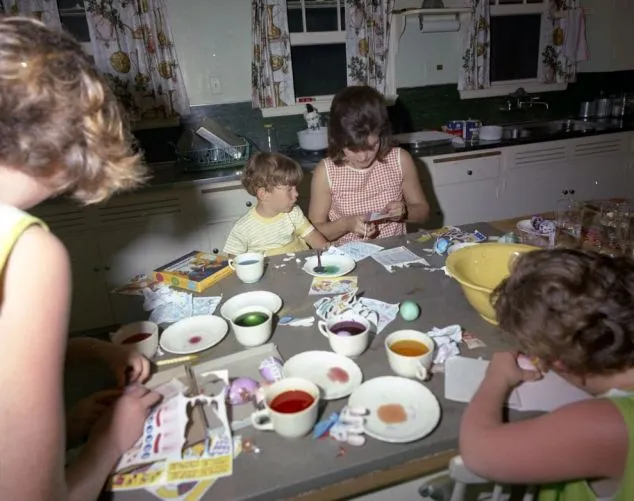On a crisp September morning in 1953, the quaint town of Newport, Rhode Island, became the center of American attention. John F. Kennedy, a rising political star, was marrying Jacqueline Bouvier, a young socialite known for her elegance and grace. This wasn't just a wedding; it was an event that captured the nation's imagination and cemented the Kennedys' place in American society.

Jacqueline Bouvier, the future Jackie Kennedy, was the epitome of fashionable sophistication. Her wedding gown, designed by Ann Lowe, was a breathtaking creation. Made of ivory duchesse satin and featuring a bodice that accentuated her slender figure, the gown flowed into a voluminous skirt that required three maids to carry. A veil of tulle, cathedral-length and adorned with lace, added a touch of romanticism. Jackie's elegance set the tone for the entire event, a stark contrast to the more traditional weddings of the time.

The wedding ceremony itself took place at St. Mary's Roman Catholic Church, a historic landmark in Newport. More than 800 guests, a mix of political figures, socialites, and family members, packed the church for the ceremony. The bride, escorted by her stepfather Hugh D. Auchincloss, walked down the aisle to the strains of Wagner's "Lohengrin." The ceremony was officiated by Richard Cushing, the Archbishop of Boston, and was a traditional Catholic service.

Following the ceremony, guests were transported to Hammersmith Farm, the Auchincloss estate, for a grand reception. The sprawling oceanfront estate provided a picturesque backdrop for the festivities. Over 1,200 guests reveled under a massive canopy, enjoying a lavish buffet featuring delicacies from around the world. Meyer Davis and his orchestra provided the soundtrack for the evening, and entertainment included a performance by the Irish tenor Josef Locke.

The scale and grandeur of the Kennedy wedding set it apart from other political weddings of the time. It was a spectacle that captured the nation's attention and showcased the Kennedys' wealth and social prominence. Beyond the glitz and glamour, however, the wedding signified a changing of the guard. John F. Kennedy, young, charismatic, and telegenic, represented a new generation of leadership. Jacqueline, with her fashion sense and intellectual pursuits, redefined the image of a political wife.

The Kennedy wedding became a cultural touchstone, influencing fashion trends and wedding traditions. Newspapers and magazines devoted pages to the event, with photographs of Jackie's iconic gown becoming forever ingrained in American memory. The wedding solidified the Kennedys' place as America's royal family, a dynasty of glamour, power, and tragedy that continues to fascinate the world.

While the grandeur of the wedding stole the show, it's important to remember the love story at its core. John F. Kennedy and Jacqueline Bouvier shared a genuine affection, a bond that would weather the storms of public scrutiny and personal challenges. Their wedding, a celebration of their love and aspirations, marked the beginning of a journey that would forever alter the course of American history.
Even today, the John F. Kennedy and Jacqueline Bouvier wedding remains a captivating chapter in American history. It was a day that transcended the boundaries of a simple ceremony, becoming a symbol of a new era, a celebration of love, and a testament to the enduring power of style and glamour.









